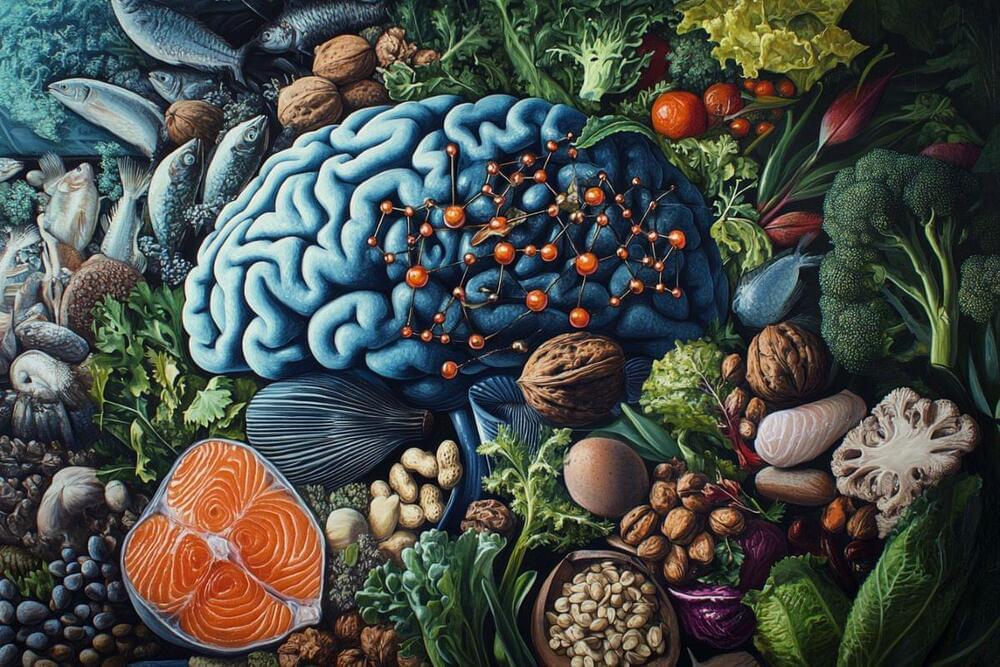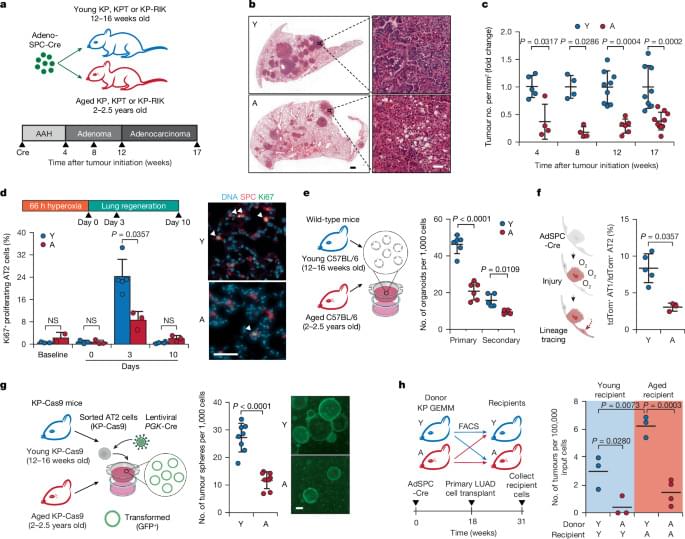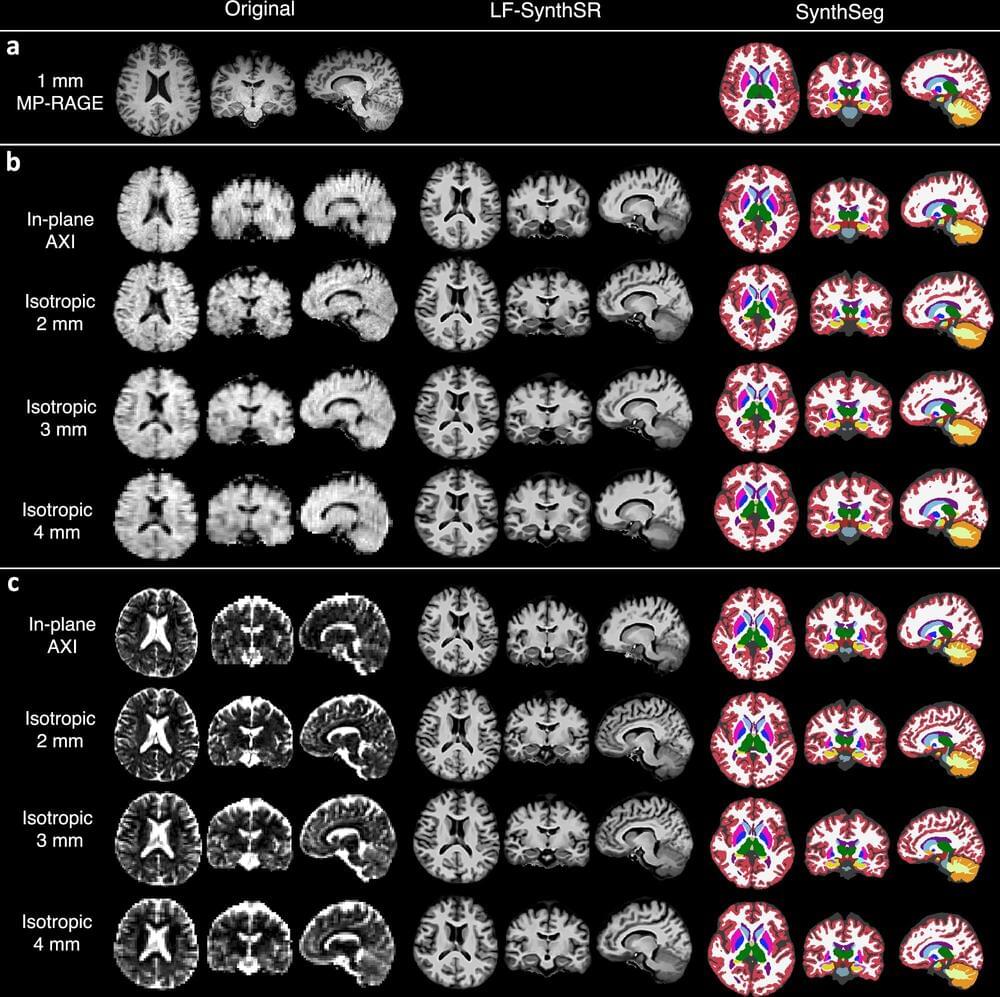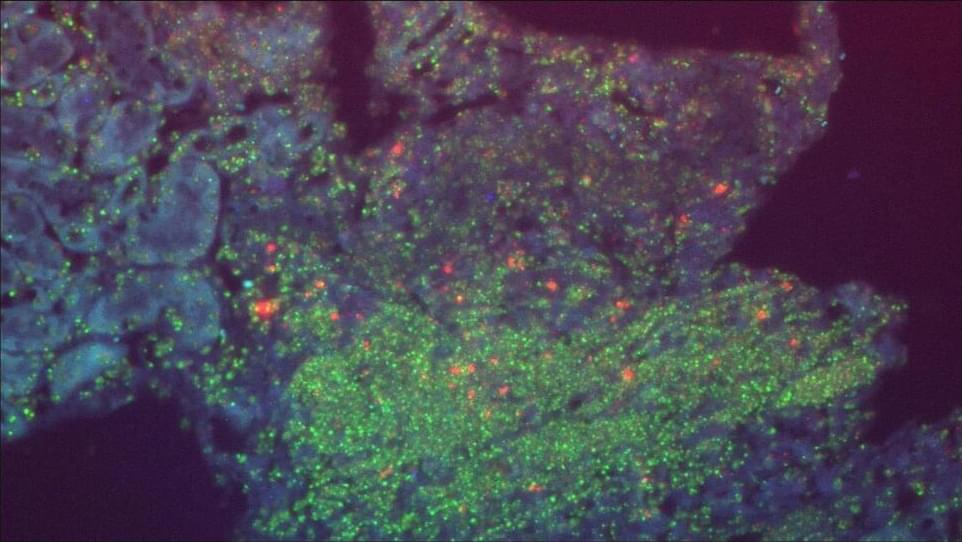Chronological age (CA) does not reflect individual variation in the aging process. However, existing biological age predictors are mostly based on European populations and overlook the widespread nonlinear effects of clinical biomarkers.
Using data from the prospective Dongfeng-Tongji (DFTJ) cohort of elderly Chinese, we propose a physiological aging index (PAI) based on 36 routine clinical biomarkers to measure aging progress. We first determined the optimal level of each biomarker by restricted cubic spline Cox models. For biomarkers with a U-shaped relationship with mortality, we derived new variables to model their distinct effects below and above the optimal levels. We defined PAI as a weighted sum of variables predictive of mortality selected by a LASSO Cox model. To measure aging acceleration, we defined ΔPAI as the residual of PAI after regressing on CA. We evaluated the predictive value of ΔPAI on cardiovascular diseases (CVD) in the DFTJ cohort, as well as nine major chronic diseases in the UK Biobank (UKB).
In the DFTJ training set (n = 12,769, median follow-up: 10.38 years), we identified 25 biomarkers with significant nonlinear associations with mortality, of which 11 showed insignificant linear associations. By incorporating nonlinear effects, we selected CA and 17 clinical biomarkers to calculate PAI. In the DFTJ testing set (n = 15,904, 5.87 years), PAI predict mortality with a concordance index (C-index) of 0.816 (95% confidence interval, [0.796, 0.837]), better than CA (C-index = 0.771 [0.755, 0.788]) and PhenoAge (0.799 [0.784, 0.814]). ΔPAI was predictive of incident CVD and its subtypes, independent of traditional risk factors. In the external validation set of UKB (n = 296,931, 12.80 years), PAI achieved a C-index of 0.749 (0.746, 0.752) to predict mortality, remaining better than CA (0.706 [0.702, 0.709]) and PhenoAge (0.743 [0.739, 0.746]).









